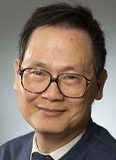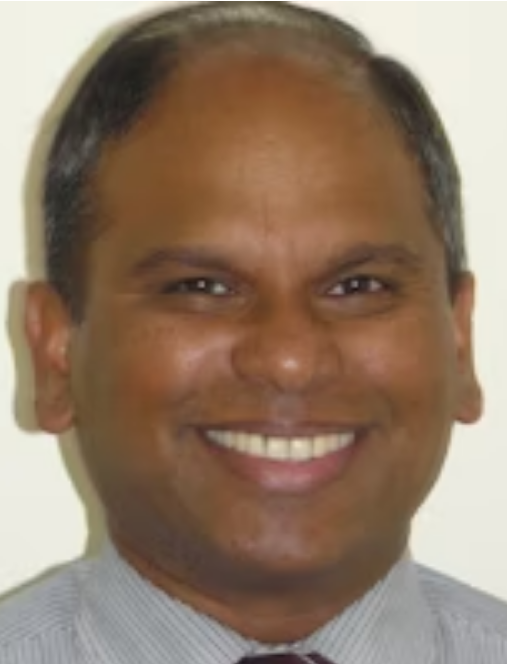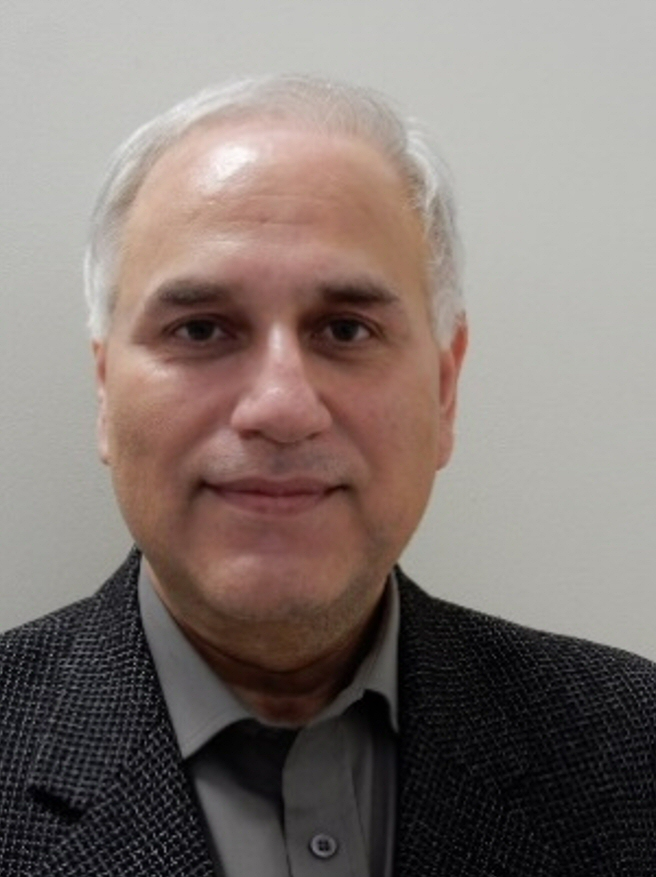
Prof. Duc Truong Pham University of Birmingham, UK | FREng, FLSW, FSME, BE, PhD, DEng, CEng, FIET, FIMechE Title: TBD Abstract: TBD Experience: Prof. Duc Truong Pham holds the Chance Chair of Engineering at the University of Birmingham. His research is in the areas of intelligent systems, robotics, autonomous systems, and advanced manufacturing and remanufacturing technology. He has published over 600 technical papers and books and has graduated more than 100 PhD students. He is the recipient of several awards, including five prizes from the Institution of Mechanical Engineers, a lifetime achievement award from the World Automation Congress, and a Distinguished International Academic Contribution Award from the IEEE. He is a Fellow of the Royal Academy of Engineering, the Learned Society of Wales, the Society for Manufacturing Engineers, the Institution of Engineering and Technology, and the Institution of Mechanical Engineers. He is the founding editor of the Springer Series in Advanced Manufacturing, the founding editor-in-chief of Cogent Engineering, and the editor-in-chief of the International Journal on Interactive Design and Manufacturing. |
Prof. Weidong Li University of Shanghai for Science and Technology, China | FIMechE, FIET Title: TBD Abstract: TBD Experience: He is the dean, professor, doctoral supervisor of the School of Mechanical Engineering, University of Shanghai for Science and Technology, Special Professor of Changjiang Scholars, Shanghai innovation leader, Fellow of the British Institution of Mechanical Engineers (IMechE), Fellow of the International Institute of Engineering and Technology (IET), and scholar of the European Union's Maligurie Program. He has presided over more than 30 scientific research projects of EU Framework Programme (EU FP7, EU Horizon), UK Engineering and Physics Foundation (EP SRC), UK Innovation Agency (IUK) and European industry (Airbus, Rolls-Royce, Jaguar Land Rover). He has been the director of the European Union International cooperation project for three times, won the European Union "Success Case Award" twice, and presided over the National Natural Science Foundation of China, the Ministry of Science and Technology, the Shanghai Science and Technology Commission, the Shanghai Municipal Education Commission, and the horizontal scientific research projects of enterprises. |
Prof. Xun Xu University of Auckland, New Zealand | FSME, FASME, FEngNZ Title: TBD Abstract: TBD Experience: He joined the Department of Mechanical and Mechatronics Engineering at The University of Auckland in 1996 after obtaining a Ph.D. from the University of Manchester (then UMIST) in the UK. Since then, he has been working at the University of Auckland as a Lecturer, Senior Lecturer, Associate Professor, and now as a Professor. His teaching within the department spans several fields, including mechanical engineering design, manufacturing systems, advanced manufacturing technology, manufacturing information systems, advanced CAD/CAM/CNC, and Industry 4.0. His primary research focuses on computer-aided design, process planning, and manufacturing, with particular emphasis on STEP-compliant CNC (STEP-NC), cloud manufacturing, smart manufacturing, and Industry 4.0. He established the first Industry 4.0 laboratory in New Zealand, the Laboratory for Industry 4.0 Smart Manufacturing Systems (LISMS) ( https://lisms.auckland.ac.nz/), and leads one of the top research teams in the field. |
Reader-Dr.MichaelPackianather Cardiff University, UK | Title: Fault diagnosis in machines using AI and deep learning methods Abstract: This talk will focus on the need to develop efficient techniques for fault diagnosis and fault classification in machines. In particular, mechanical and electrical faults in an induction motor will be considered. The techniques will cover Multimodal Preprocessing, Artificial Image Synthesis, Deep Learning and Load-Adaptive Graph-Based Methods. Emphasis will be given to Artificial Intelligence based methods for designing semi or fully automatic fault classification and fault prediction systems for extending the Remaining Useful Life (RUL) of machines. Experience: Dr. Michael Packianather is a Reader at Cardiff University and his expertise covers AI/ML, Robotics, Optimisation and Intelligent Systems. He is the Deputy Director of PGR Studies. He has worked successfully on several EPSRC, UKRI and EU funded collaborative research projects. He is an Associate Editor of the International Journal on Interactive Design and Manufacturing (IJIDeM). He was a key member of the MANUELA project funded by the EU H2020 programme and his research contribution focused on the development of Digital Twin for minimizing phores in Metal Additive Manufacturing process also known as Powder Bed Fusion through deep learning models and predictive data analysis. |
Prof. Jun Huang Wuhan University of Technology, China | Title: TBD Abstract: TBD Experience: He has published more than 20 high-level academic papers and 2 bibliographic chapters as the first or corresponding author, and obtained 7 national patents. From 2017 to 2021, he worked as a full-time researcher in the team of Duc Truong Pham, a fellow of the Royal Academy of Engineering and Professor at the University of Birmingham, and successively participated in a number of major scientific research projects in the EU and the UK. He was elected a Fellow of the Higher Education Institute (FHEA) in 2019, certified as a Registered Engineer (CEng) in 2020, and appointed as an Expert Member of the British National Standards Institute (BSI) from 2019 to 2021. In 2022, he was selected into the Hubei High-level Innovation Talent Plan. |
Assoc. Prof. Mozafar Saadat University of Birmingham, UK | Title: TBD Abstract: TBD Experience: Dr Mozafar Saadat holds an honours degree in mechanical engineering from University of Surrey, and a PhD in manufacturing automation from University of Durham. He has had a range of previous experience as manufacturing technology consultant to industry as well as holding a full-time academic position at University of Sunderland prior to joining University Birmingham in 1999.His general research and teaching interests are in the areas of automation, robotic, and manufacturing engineering. Dr Saadat has developed and directed a number of engineering undergraduate and MSc programmes, authored several open/distance learning teaching modules, and more recently, has instigated, developed and led international collaborative and partnership degree programmes. |





